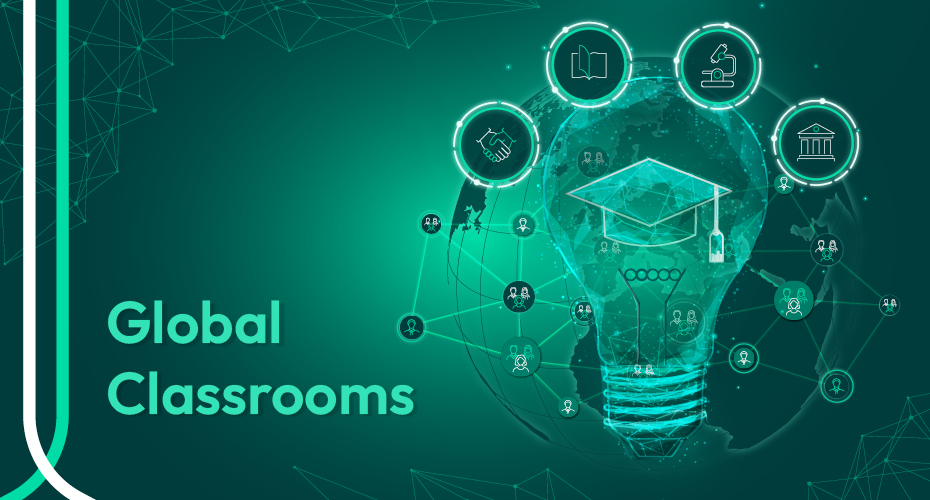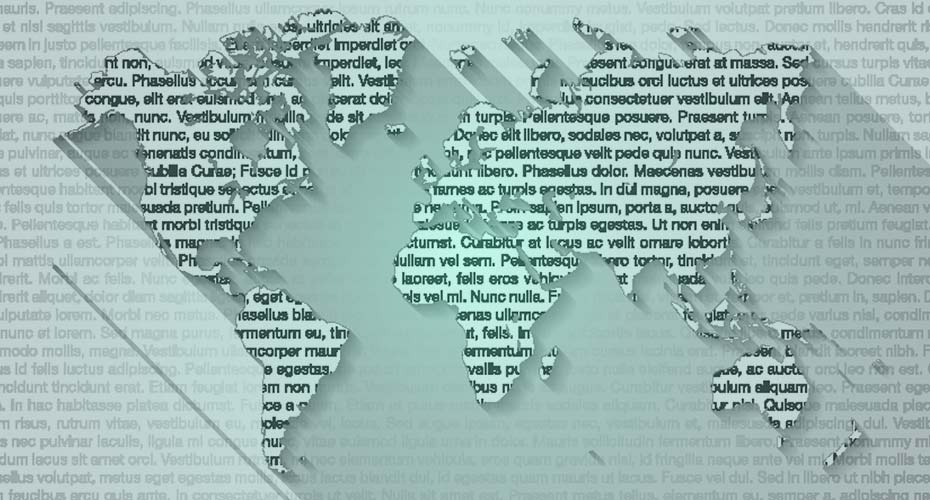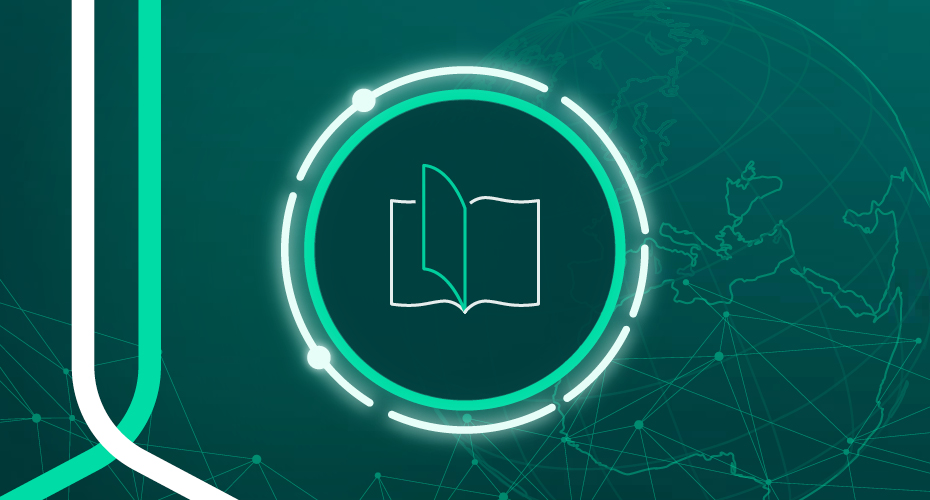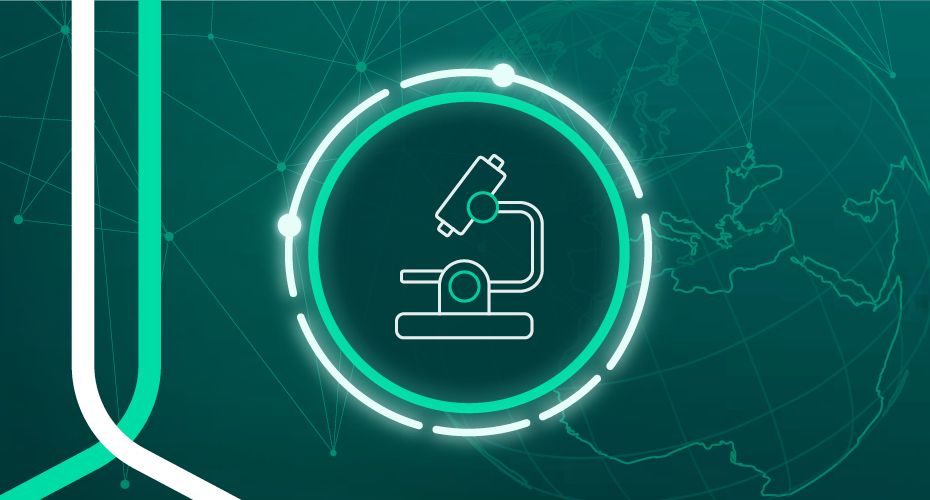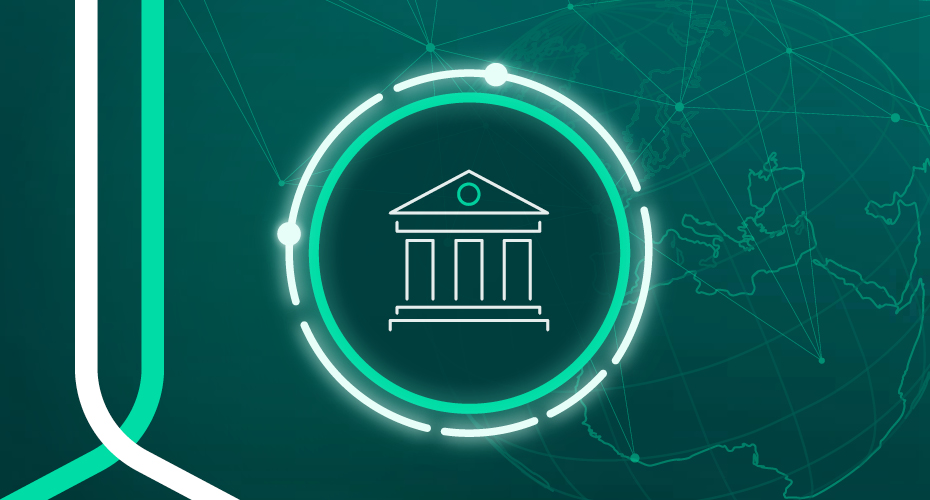Welcome to Global Classrooms
Our vision
Global Classrooms is a space for all university educators to cultivate transformative exchanges and environments via international collaborations.
Global Classrooms supports educators from across the university to develop collaborations via four global modalities; culture, research, education and business exchanges. These strands distinguish the way in which we connect students, academics and professionals internationally; developing inventive approaches to teaching and learning and delivering experiences for international mobility.
We do this through the delivery of grant funding and connecting educators with our in-house networks of specialised services to support and encourage the designing, ideating and testing of a collaborative idea.
Our vision is to build an innovative community of practice, through knowledge exchange, collaboration, training and impact. The work of Global Classrooms is underpinned by its guiding principles; inclusive education, racial, social justice and sustainability and is inextricably linked to our Strategy 2030.
Contact us
General queries: globalclassrooms@exeter.ac.uk
Manager: r.oakley@exeter.ac.uk
